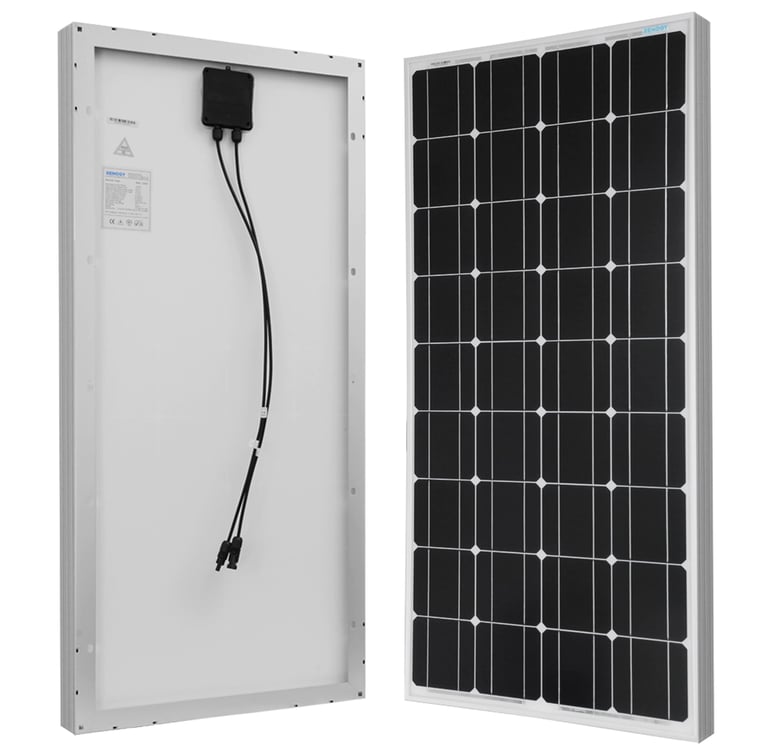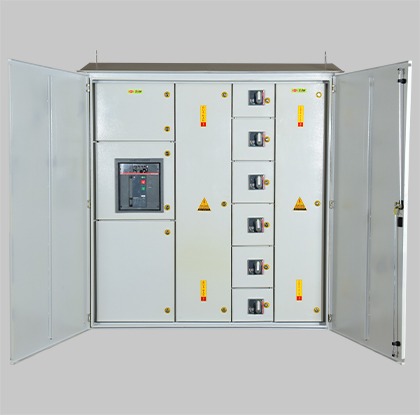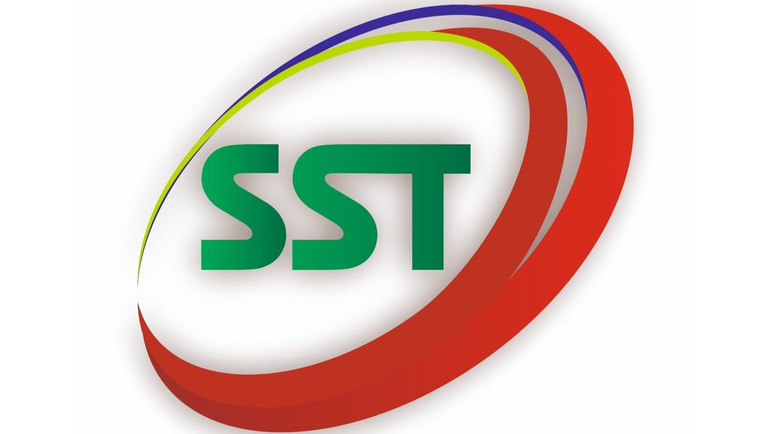LT Solar Panel
LT Solar Panel: Harnessing Renewable Energy for a Sustainable Future
In today's world the importance of renewable energy sources cannot be overstated. With the pressing need to reduce greenhouse gas emissions and combat climate change solar power has emerged as a dominant player in the renewable energy sector. Among the numerous solar panel options available in the market LT Solar LT Solar Panels boast high conversion efficiency rates ensuring optimal power output even in low-light conditions. By maximizing sunlight absorption the panels can generate more electricity helping you meet your energy needs while minimizing your carbon footprint.
Durability and Reliability: Built to withstand various environmental conditions LT Solar Panels are made with robust materials that offer excellent resistance offer flexibility and adaptability to different settings.
Warranty and Support: LT Solar Panels come with comprehensive warranties that provide peace of mind to customers. In addition the company offers excellent customer support ensuring prompt assistance and resolving any issues that may arise.
Sustainability Focus: LT Solar Panels align with the goal of sustainable development as they effectively reduce carbon emissions. By utilizing renewable energy you contribute to a cleaner and healthier environment for future generations.
Investing in LT Solar Panels not only contributes to a greener planet but also provides long-term financial benefits. By harnessing solar energy you can significantly reduce or even eliminate your dependency on conventional energy sources leading to substantial savings on electricity bills over time.
Moreover as solar power becomes increasingly mainstream and governments worldwide offer various incentives the adoption of LT Solar Panels can lead to additional financial advantages. These incentives may include tax credits grants or net metering programs further enhancing the return on investment for solar power systems.
In conclusion LT Solar Panels epitomize the advancements made in solar technology and offer a reliable efficient and environmentally friendly solution for generating clean electricity. By harnessing the power of the sun LT Solar Panels enable individuals organizations and communities to take a definitive step towards a sustainable future.
Here are some standard technical specifications of a typical LT solar panel:
1. Power Output: The power output of a solar panel is measured in watts (W) and indicates the maximum amount of electricity it can produce. LT solar panels typically range from 250W to 400W although higher power outputs are available as well.
2. Efficiency: Efficiency refers to the percentage of sunlight that a solar panel can convert into electricity. Higher efficiency panels can generate more power with the same amount of sunlight. LT solar panels usually have an efficiency ranging from 15% to 20%.
3. Voltage: Voltage is the electrical potential difference generated by the solar panel. Most LT solar panels have a voltage rating of around 30 to 40 volts.
4. Current: Current refers to the flow of electrons produced by the solar panel. LT solar panels generally have a current rating between 6 and 12 amps.
5. Dimensions and Weight: The physical dimensions of a solar panel are important for determining the installation requirements and overall system design. LT solar panels typically have dimensions of approximately 1.6 meters by 1 meter but this can vary depending on the specific model. The weight of a solar panel is also important for roof installations as it affects the structural requirements. LT solar panels usually weigh around 15 to 20 kilograms.
6. Temperature Coefficient: The temperature coefficient measures the extent to which a solar panel's performance decreases as the temperature rises. LT solar panels typically have a temperature coefficient between -0.3% to -0.4% per degree Celsius.
7. Durability and Warranty: Solar panels are subject to various environmental factors such as temperature humidity and weather conditions. LT solar panels are designed to be durable and can withstand harsh weather conditions. They usually come with a warranty ranging from 10 to 25 years which covers any manufacturing defects or significant power output degradation.
It's important to note that these specifications can vary depending on the specific model and manufacturer. It's recommended to review the detailed datasheet or consult the manufacturer for precise and up-to-date specifications for a particular LT solar panel.




